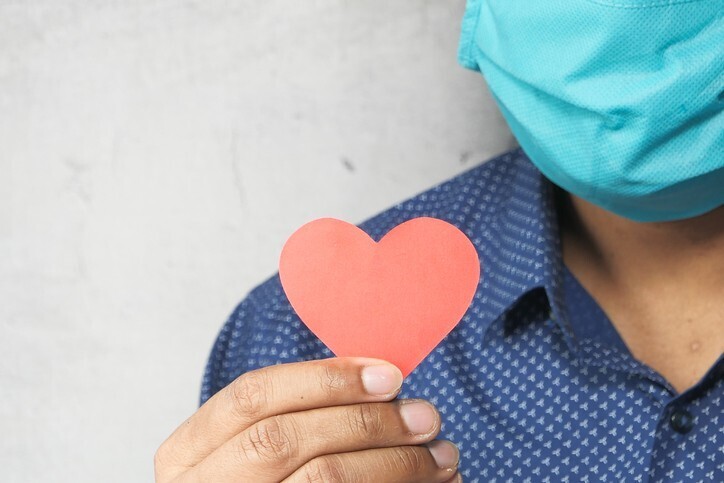
Another thing we’ve learned this year: “volunteering” no longer implies side-by-side interaction with others. Virtual and “no contact” volunteering opportunities are plentiful and should be added to the list of good health practices, along with frequent handwashing, keeping a distance, and wearing a mask.
Volunteering is good for our health? Yes. From decreasing the risk of depression, reducing stress and helping us live longer, the relationship between volunteering and good health is widely known.
Volunteers are needed now more than ever, as millions of unemployed and low-income people struggle to make ends meet and as thousands more are diagnosed daily with the coronavirus. The good news is that volunteers of all ages continue to show up, help out, and address community needs.
Here are just 3 ways to volunteer that will promote good health across our community:
- Serve seniors. The social isolation caused by the pandemic puts seniors especially at an increased risk for adverse physical and mental health implications. Telephone support services by trained volunteers for homebound elderly people is one way to combat loneliness. Or, creating kits to be distributed to seniors that include items like a puzzle or deck of cards, COVID-19 resources, greeting cards to send to family or friends, notes of encouragement, and more would be warmly welcomed by seniors. UWAC can help connect you to some of our funded partners if you're interested in either of these opportunities.
- Shore up mental health services. Get trained to staff a free 24/7 national crisis intervention and counseling service conducted exclusively through SMS text (recommended by CSAC to help people in moments of crisis). Volunteers are screened and complete self-paced training, afterwards staffing shifts on a regular basis.
- Become a board member. Nonprofits in Addison County rely on volunteer leaders to help guide their organizations year-round, but especially during difficult times (like a pandemic). The commitment and responsibilities vary by organization, and getting involved is a great way to serve your community. Check out our Volunteer Center for local opportunities.
And if these ideas aren’t enough to get you going, consider this: volunteering makes us happier. A recent report published by the Journal of Happiness Studies found that people who had volunteered in the past year were more satisfied and rated their overall health as better compared to people who didn’t volunteer. People who volunteered at least once a month reported better mental health than participants who volunteered infrequently or not at all.
As COVID-19 continues to affect every country and many communities across the globe, United Way calls on willing volunteers to contribute where they can. Don’t wait. Search our Volunteer Center or email Alex Larrow (UWAC's Volunteer & Donor Engagement Coordinator) to find where you can volunteer to protect the health of others – and your own.